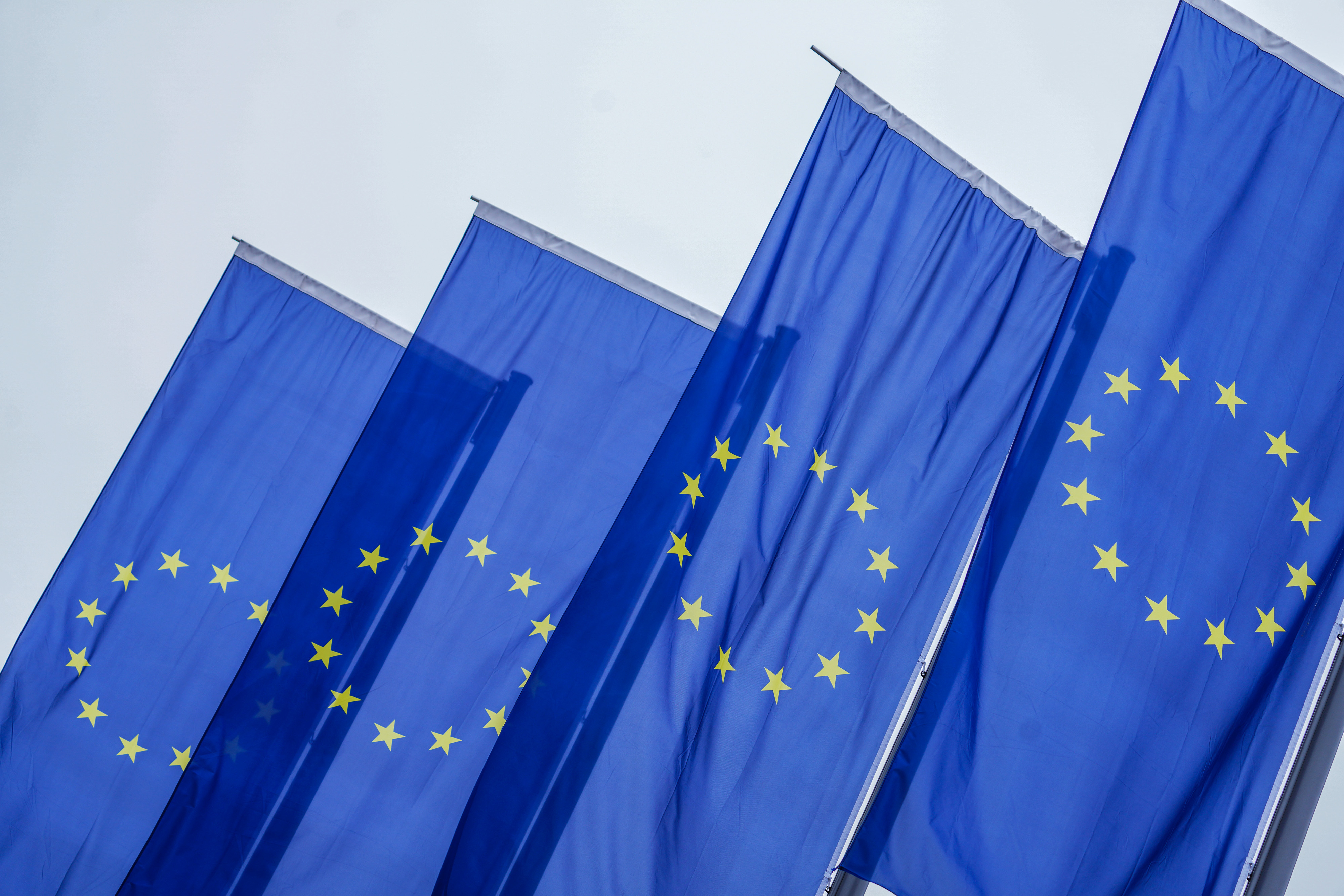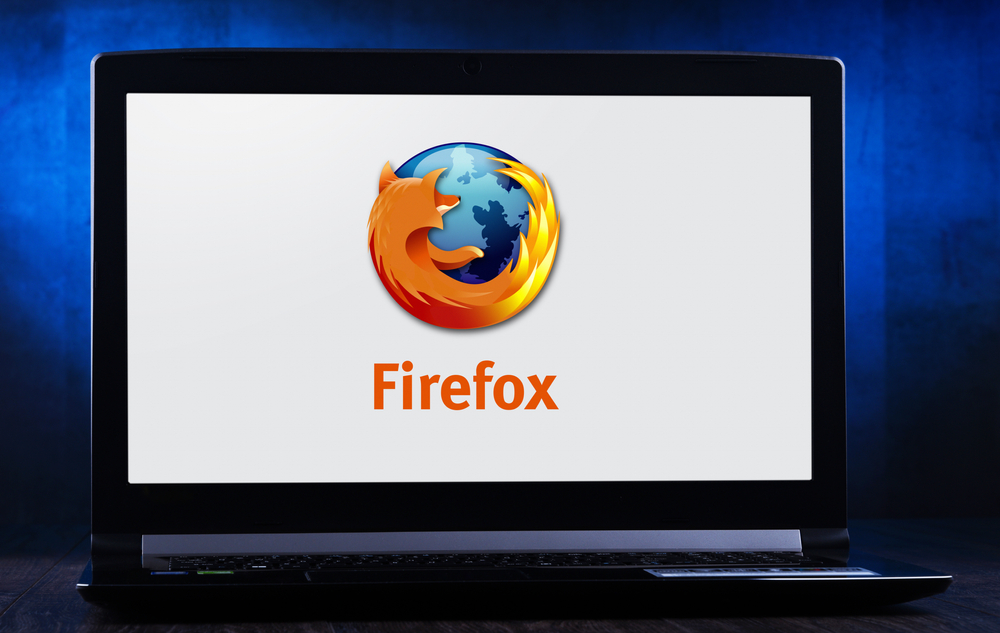Most Windows users don't know about browser ballot
Mozilla is desperately trying to raise awareness of the Microsoft Browser Ballot, perhaps seeing the potential of grabbing a large chunk of IE's browser base in one go.

As of next Monday, Microsoft will give Windows users in the UK the choice over which web browser they wish to use.
The problem is, more than three-quarters of users (77 per cent) don't know this yet.
Microsoft agreed to unbundle Internet Explorer as the default Windows browser as part of an anti-trust settlement reached with the European Commission late last year. Under the deal, Windows users will be presented with the Microsoft Browser Ballot from 1 March, which will prompt users to choose between the five most popular browsers presented in random order.
However, a Mozilla-sponsored YouGov survey reveals that just 23 per cent of Windows users in the UK are even aware they are to be given the choice.
The online survey canvassed a group of 2,000 adults over the space of a week earlier this month, and with the results proving less than encouraging, the Mozilla Foundation has launched a dedicated website and published an open letter on it to help raise awareness.
The not-for-profit organisation is the driving force between Firefox, the second most popular browser behind Internet Explorer, with a steadily increasing market share.
"It's strange that the majority of people in the world haven't ever considered the web browser on their computer or mobile phone - that so many people every day use the browser that comes by default," the letter reads.
Get the ITPro daily newsletter
Sign up today and you will receive a free copy of our Future Focus 2025 report - the leading guidance on AI, cybersecurity and other IT challenges as per 700+ senior executives
Carrying the names of both Mozilla chair Mitchell Baker and chief executive John Lilly, the letter is clearly aimed at whipping up increased awareness of Firefox ahead of the ballot: "We're pleased to support the European Commission and Microsoft in recognising how important choice is," the pair write.
"As an international non-profit organisation, Mozilla has always believed that the freedom to make smart choices should be central to making the web, and the world, a better place. This shows through with Mozilla Firefox, a free, open source web browser that more than 350 million people around the world have chosen to use every day."
The browser choice screen update will go out automatically to any PC with Internet Explorer installed as the main operating system. The ballot screen will pop up when users attempt to launch Internet Explorer by clicking on the blue E icon in the Taskbar. It will display in no partucular order Internet Explorer, Firefox, Opera, Chrome and Safari, and ask users to affirm their choice.
"We believe that the Browser Choice screen is an important milestone towards helping more people take control of their online lives - and we hope for the conversation to become broader and deeper," the letter reads. "We've set up opentochoice.org as one place for you to discuss what this choice means to you - and we hope that you'll add your own voice to this conversation and those to come."
The update will affect an estimated 195 million Windows XP, Vista and Windows 7 users is 32 European countries.
-
 Bigger salaries, more burnout: Is the CISO role in crisis?
Bigger salaries, more burnout: Is the CISO role in crisis?In-depth CISOs are more stressed than ever before – but why is this and what can be done?
By Kate O'Flaherty Published
-
 Cheap cyber crime kits can be bought on the dark web for less than $25
Cheap cyber crime kits can be bought on the dark web for less than $25News Research from NordVPN shows phishing kits are now widely available on the dark web and via messaging apps like Telegram, and are often selling for less than $25.
By Emma Woollacott Published
-
 Open source advocates "cautiously optimistic" about Cyber Resilience Act after industry pushback prompts changes
Open source advocates "cautiously optimistic" about Cyber Resilience Act after industry pushback prompts changesNews Amendments to the Cyber Resilience Act in December curtailed the potential impact on open source developers in the region, an industry body has said
By Solomon Klappholz Published
-
 Reprieve for open source industry as agreement reached on Cyber Resilience Act
Reprieve for open source industry as agreement reached on Cyber Resilience ActNews The Cyber Resilience Act has been maligned by open source advocates across Europe
By Ross Kelly Published
-
 What's the EU's problem with open source?
What's the EU's problem with open source?Analysis The open source community has raised concerns about a raft of new regulatory changes in the EU in recent months
By Ross Kelly Published
-
 EU Cyber Resilience Act a ‘death knell’ for open source software, critics warn
EU Cyber Resilience Act a ‘death knell’ for open source software, critics warnNews Critics of the act claim that requirements for open source software usage could severely impact the community
By Ross Kelly Published
-
 Swedish privacy concerns result in fines over Google Analytics
Swedish privacy concerns result in fines over Google AnalyticsNews Swedish privacy authority ordered companies to stop using the ubiquitous web traffic analysis tool, in line with recent EU rulings
By Richard Speed Published
-
 Spanish spyware outfit uncovered, develops exploits for Windows, Chrome, and Firefox
Spanish spyware outfit uncovered, develops exploits for Windows, Chrome, and FirefoxNews Google was only able to discover the company after an anonymous submission was made to its Chrome bug reporting programme
By Zach Marzouk Published
-
 Firefox 95 boosts protection against zero-day attacks
Firefox 95 boosts protection against zero-day attacksNews Mozilla's browser now takes a more granular approach to walling off code
By Danny Bradbury Published
-
 Mozilla to end support for Firefox Lockwise password manager
Mozilla to end support for Firefox Lockwise password managerNews Replacement service already lined up as browser specialist continues to streamline business
By Bobby Hellard Published